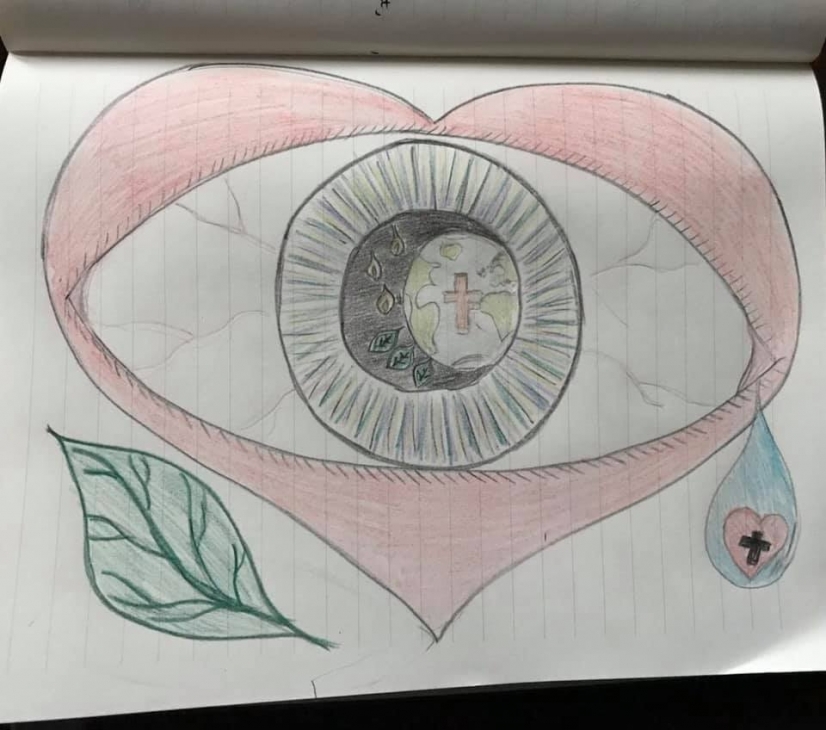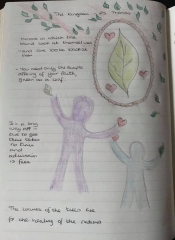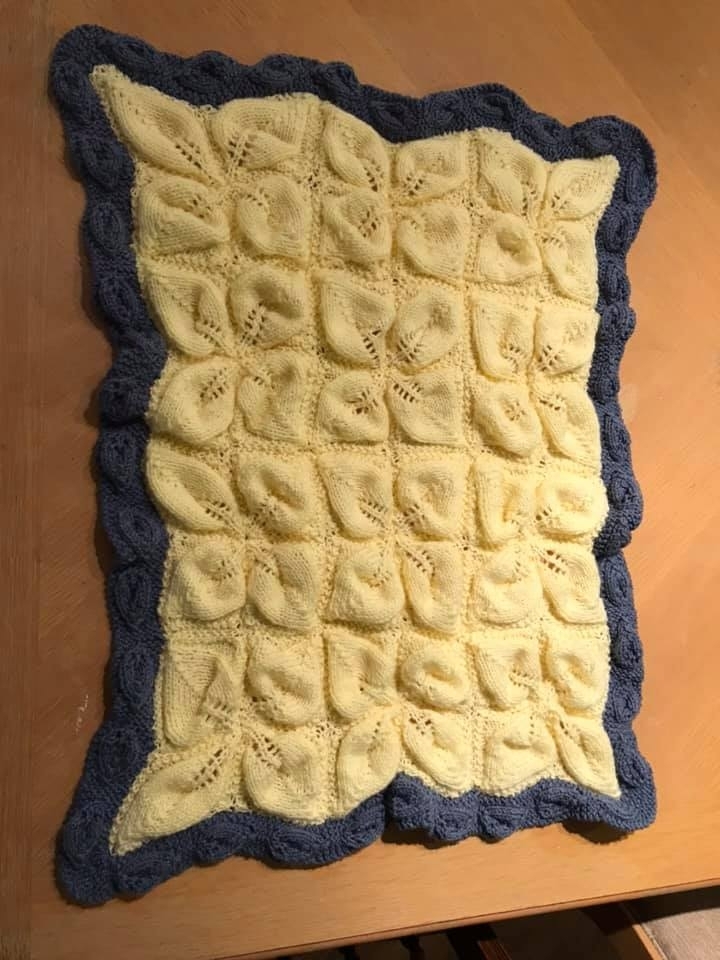Last week was a strange one, beginning with me stepping in at zero notice to conduct a funeral, and ending with me having to ask others to step in at zero notice to cover for me because I was unwell. In between times, the week just became increasingly odd, with unexpected twists and turns.
Above all it reminded me that I am blessed with what, at its best, is probably THE best church in the universe. No-one panicked (at least not overtly) when I rang in at 9:30 to say I was unwell (the worst headache I've ever had, nausea, dizziness, shivers (but no temperature/fever)), rather they simply slipped into gear with someone producing a sermon 'from his back pocket' and someone else offering to plug the 'All Together' gap.
It also seemed mildly amusing in reminding me of the need for ministers to be both competent (this was the first funeral I've done at zero notice and with no access to service books or a Bible) and to recognise that we are not indispensible (this is the second time in 20 years I've had to drop out at no notice, the first without being able to hand over stuff I'd prepared). Competent, dispensible, and also sensible - there was a time when I'd have dragged myself to church and forced myself to get through the service no matter how ill felt (though actually, yesterday, given I could hardly stand up without feeling ill, probably not!). I recall the 'assessed preach' of my final year at college, when I had been going down with a terrible cold (I'd now recognise it as a chest infection, I didn't back then) and I had driven 10 miles, took the service, stayed for the monthly 'singles lunch', then driven ten miles home to fall into bed for two days! My tutor and I ended up discussing not the sermon or the service, but how to manage thing when a minister becomes unexpectedly sick.
This week, then, I've recalled wise advice, recognised my experience and ability, been reminded of my frailty, and awed by the awesomeness of the church of which I am part.
This week is likely to be no less strange, albeit in other ways, but in the strangeness God is present, and that's enough for me.


